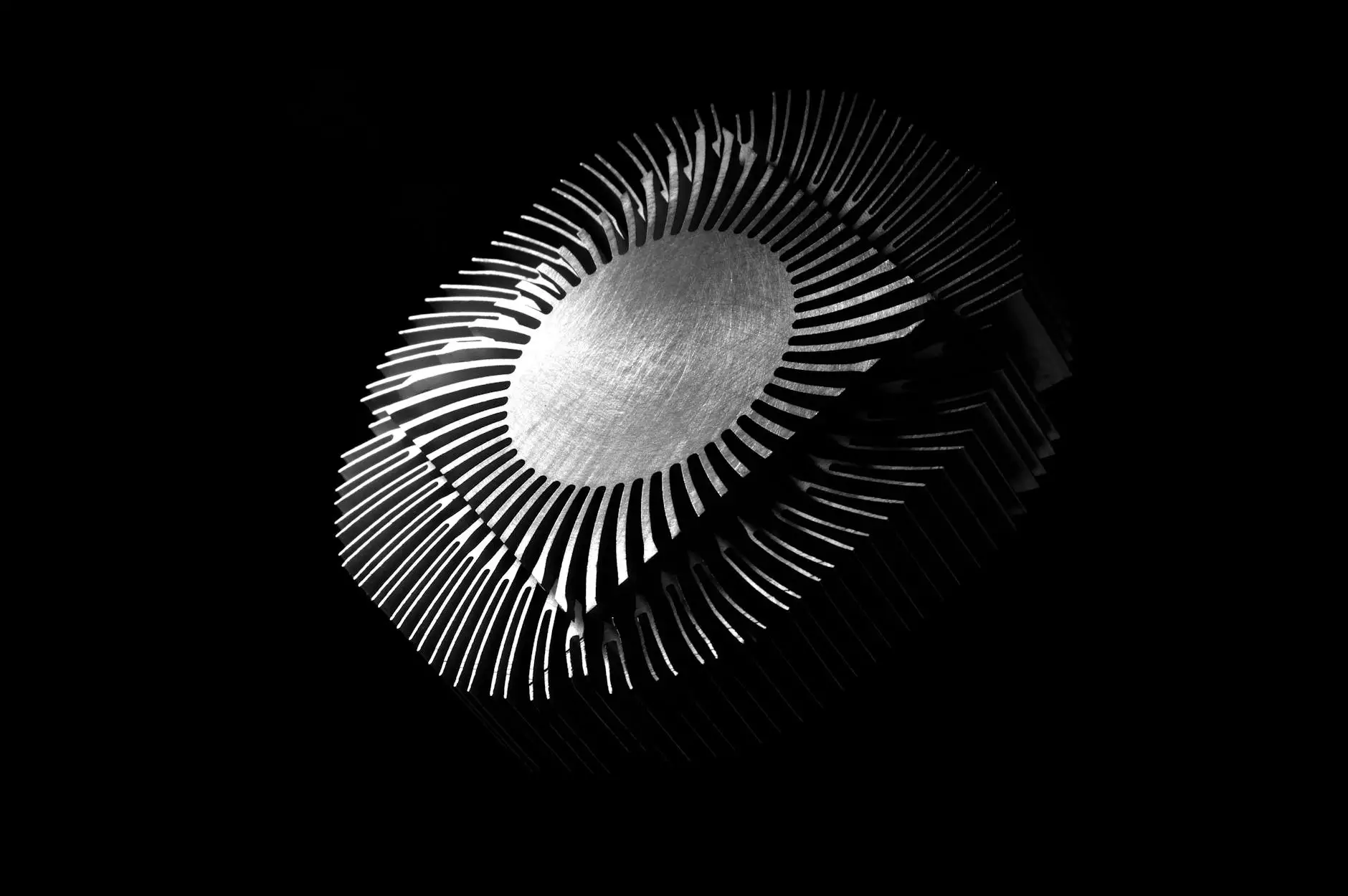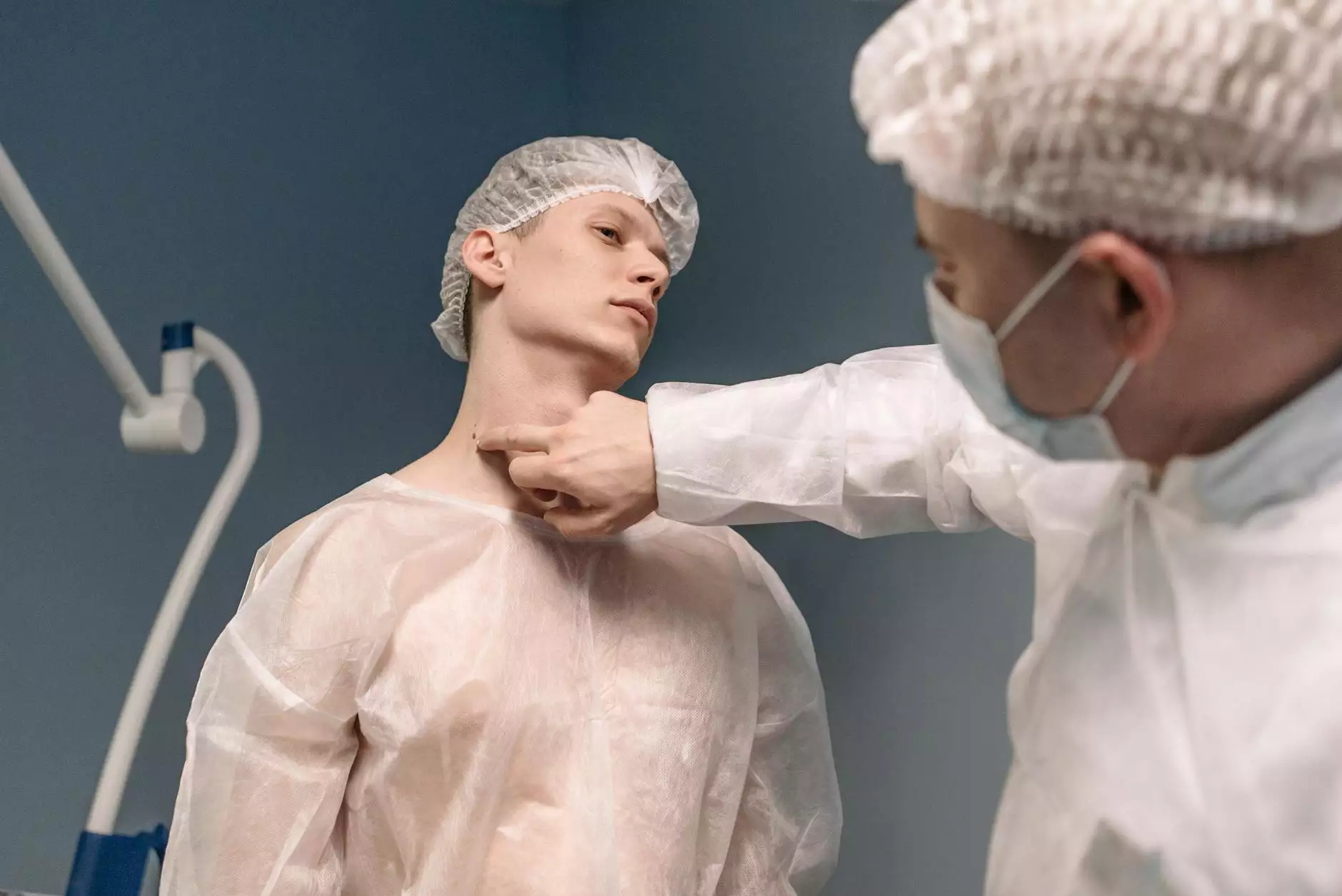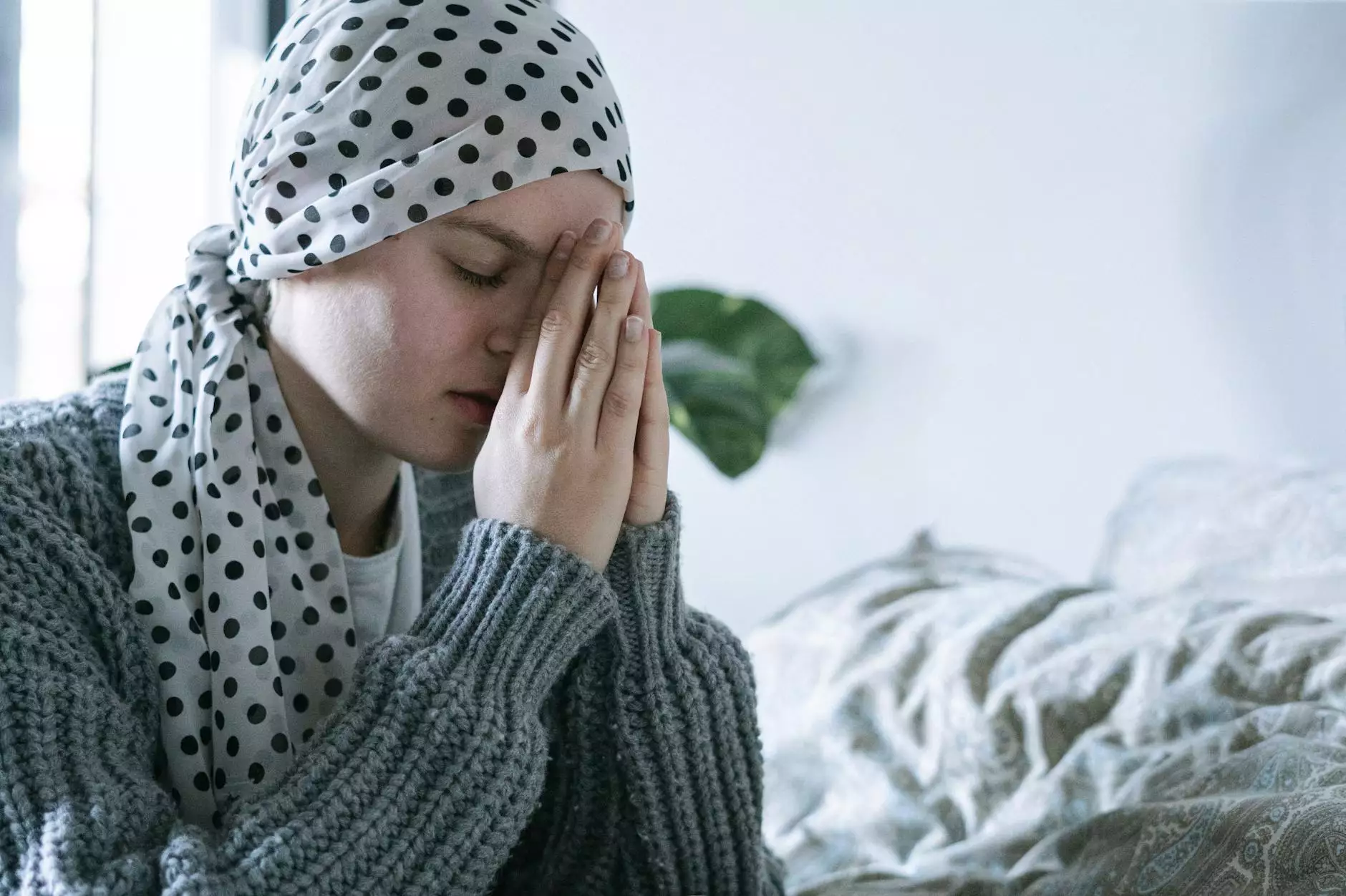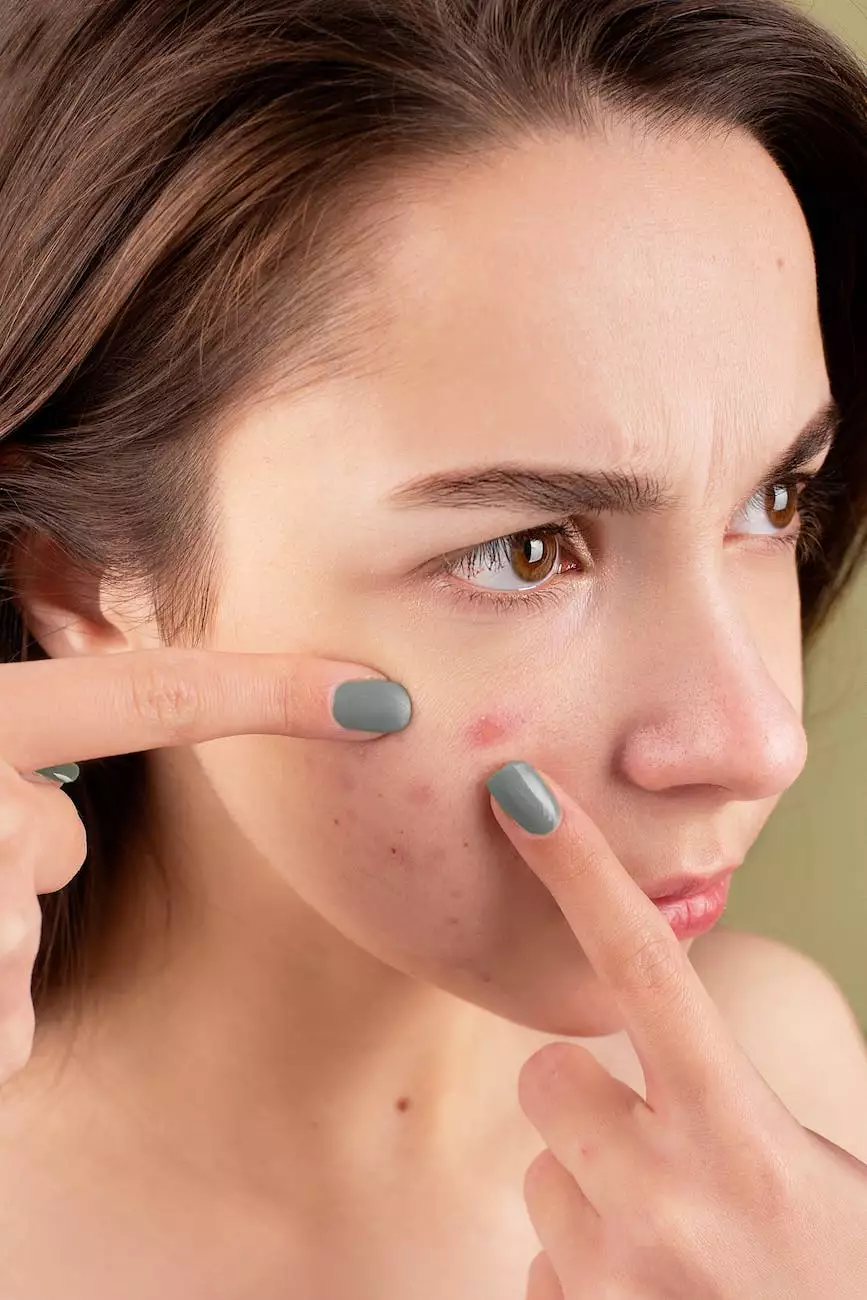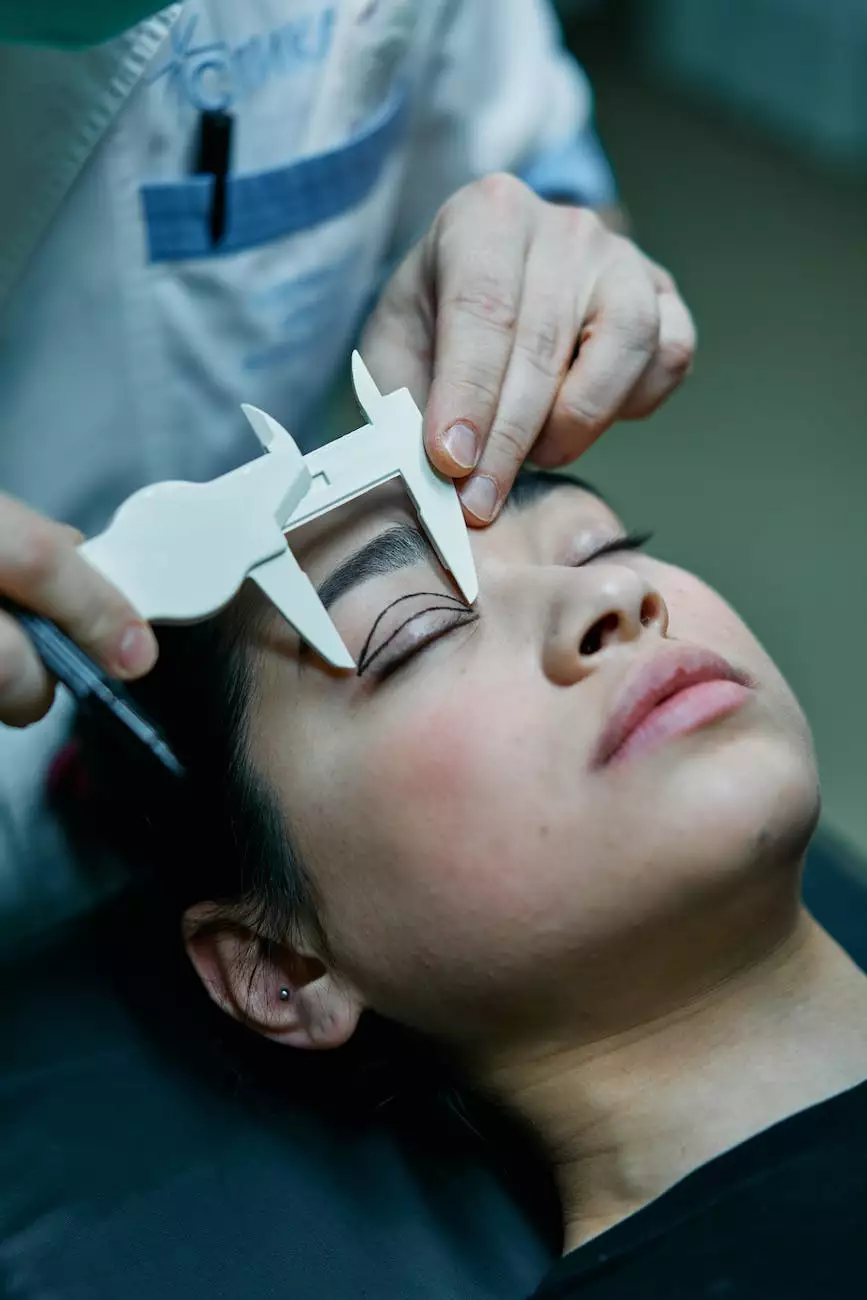Macular Degeneration - Metropolitan Eye Center

What is Macular Degeneration?
Macular Degeneration is a common eye condition that affects many individuals, particularly those over the age of 50. It is a progressive disease that primarily affects the macula, the central part of the retina responsible for sharp, detailed vision. As the disease progresses, it can lead to significant visual impairment, impacting daily activities such as reading, driving, and recognizing faces.
Causes and Risk Factors
The exact cause of Macular Degeneration is still unknown, but several factors contribute to its development. Age, family history, smoking, high blood pressure, and obesity are known risk factors. Additionally, individuals with light-colored eyes and fair skin may be at higher risk. It is crucial to understand these factors and their potential impact on your eye health to take appropriate preventive measures.
Signs and Symptoms
Early-stage Macular Degeneration may not display noticeable symptoms. However, as the disease progresses, several signs may indicate its presence:
- Blurred or distorted central vision
- Difficulty reading or performing tasks that require detailed vision
- Dark or empty spots in the central vision
- Color perception changes
- Sensitivity to light
- Decreased contrast sensitivity
Diagnosis and Screening
At Metropolitan Eye Center, we prioritize early detection and diagnosis of Macular Degeneration to ensure timely treatment. Our experienced team, led by Dr. David J Scholten, utilizes advanced diagnostic techniques, including a comprehensive eye exam, retinal imaging, and visual acuity tests. These tests help us assess the extent of damage and determine the most suitable treatment options for each patient.
Treatment Options
While there is no known cure for Macular Degeneration, various treatment options can help slow down its progression and manage symptoms:
- Anti-VEGF Injections: These medications are injected into the eye to inhibit the growth of abnormal blood vessels and reduce macular swelling.
- Photodynamic Therapy: This treatment involves laser therapy and a light-sensitive medication to target and destroy abnormal blood vessels.
- Low Vision Aids: Devices such as magnifiers, specialized glasses, and electronic aids can help individuals with impaired vision perform daily activities.
- Healthy Lifestyle Changes: Managing factors like blood pressure, cholesterol levels, and maintaining a healthy diet rich in fruits, vegetables, and omega-3 fatty acids can play a significant role in slowing down progression.
Prevention
While it may not be possible to completely prevent Macular Degeneration, certain lifestyle modifications can help reduce the risk:
- Maintain a healthy weight
- Quit smoking or avoid starting
- Control blood pressure and cholesterol levels
- Eat a nutrient-rich diet, including dark leafy greens, fish, and nuts
- Protect your eyes from harmful UV rays by wearing sunglasses
Contact Metropolitan Eye Center Today
At Metropolitan Eye Center, our dedicated team is committed to providing the highest quality eye care services. Led by Dr. David J Scholten, we specialize in diagnosing and treating macular degeneration and various other eye conditions. Contact us today to schedule your consultation and learn more about how we can help preserve your precious eyesight.



